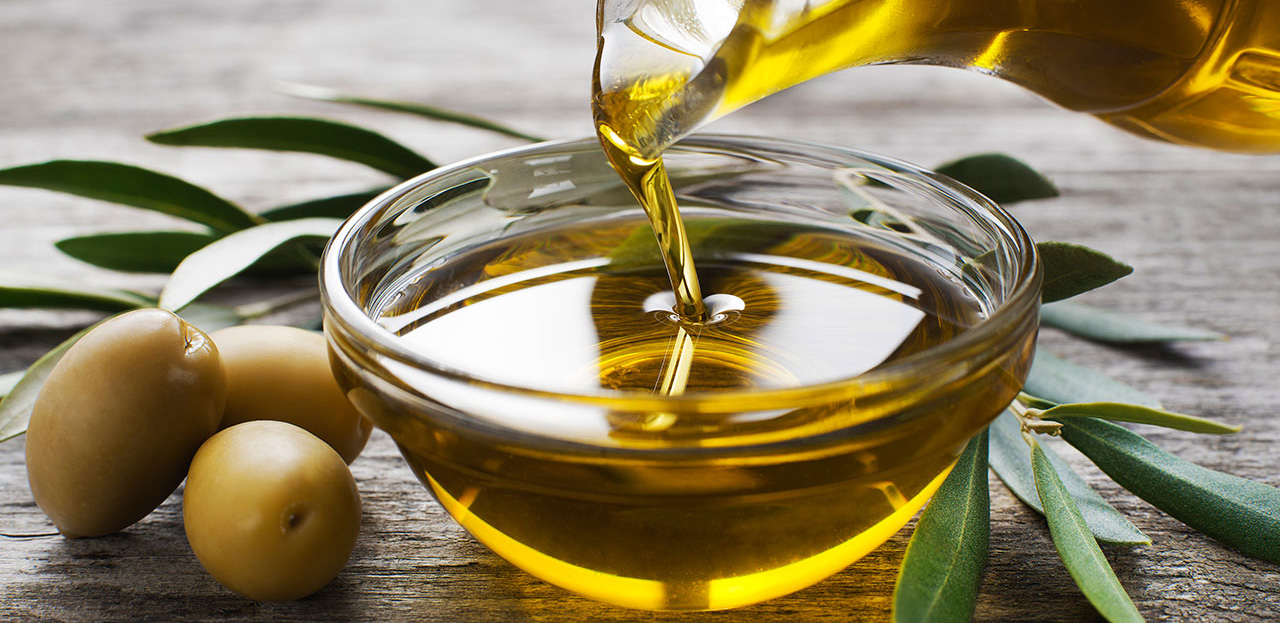
Food
Seasonal - Extra virgin olive oil
It was 1950 when Elizabeth David’s first book, A Book of Mediterranean Food, was published. David had returned to the U.K. after spending the war years living (and eating) around the Mediterranean. Back home, she found herself in one of Britain’s coldest winters, holed up in a dreary country hotel with an “agonised craving for the sun”.
And so she began to write. She wrote memories of the produce, the meals, the “brilliance of market stalls piled high” – defining what it was to eat in the Mediterranean. While rationing was still in place in England, and many of the ingredients were impossible to procure, her book was published – a collection of aromatic culinary memories – presumably because they considered the dream to be as relevant as the recipes.
However, there were some ingredients that could not be omitted and the olive, dominating the landscape and the palates of the Mediterranean, was at the top of that list. David famously countered this by counselling the housewives of Britain to seek olive oil out in chemists, where it resided as a cure for ear infections. It is often suggested that David is single-handedly responsible for its subsequent appearance in British cooking.
A SLIPPERY HISTORY
Olive oil has a history that pre-dates the written word. To the Greeks and Romans it was a crop of the first importance, a sign of peace and prosperity. The glittering grey and silvery green tones later captured the imagination of Van Gogh, Matisse and Cezanne, while the oil borne from their fruit has nourished Mediterranean inhabitants for millennia. Slowly olive oil has washed over the globe with groves springing up in countries with a Mediterranean climate, bringing with it unique health benefits.
EXTRA SPECIAL
In Australia, we are fortunate to have a fantastic variety of olives (and thus olive oils), ranging from light and delicate to peppery and robust. Fresh olives have an intense bitter taste that is removed by a long curing process (beware the cheap alternatives that are cured in caustic soda to speed up the process). This bitterness separates naturally when the olives are milled and pressed for oil – a remarkably natural process involving no additives at all.
There are three main grades of oil: extra virgin olive oil, virgin and olive oil. Extra virgin, the most highly sought after, is assessed via a chemical analysis to determine its free-fatty acidity is less than 0.8% – this also impacts the flavour and health benefits. In contrast, a virgin olive oil can have up to 2% and olive oil anything above that (these can confusingly be called ‘pure’ or ‘light’, but are anything but, often having been treated, which removes much of their flavour and health properties).
A quality extra virgin olive oil is a source of monounsaturated fatty acids (around 75%), and is also a good source of vitamins E and K. However, it is the antioxidants that make extra virgin olive oil really special. They’re so potent, in fact, that this golden oil is often celebrated as the magic ingredient behind the much heralded, and incredibly healthy, Mediterranean diet. Elizabeth David has travelled the world with me, her books both accompanying me on lonely train trips and providing inspiration for unexpected feasts along the way. Steadfast in her convictions, sensible in her approach, eloquent in her turn of phrase and evocative in her imagery, there is no cookbook writer I enjoy quite so much. Perhaps it’s because Elizabeth David’s works were always so much more than a collection of recipes – I mean, imagine being the woman who gave the gift of olive oil.
SELECT AND STORE
Buy fresh, local extra virgin olive oils. There are rarely any guarantees around the length of time between an international oil being pressed and shipped to Australia (let alone the time it sits on a supermarket shelf). Late winter and early spring are the perfect times to buy new-season oil, as most Australian groves are picked in late autumn or early winter before spending around six weeks in barrel. Store out of direct sunlight – it is for this reason most olive oil is stored in dark glass bottles – if stored correctly, the oil will happily last through the year.